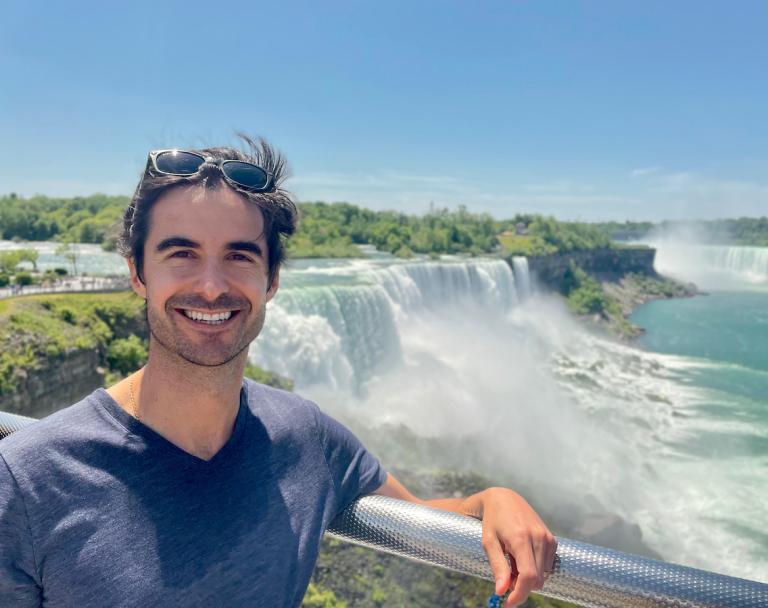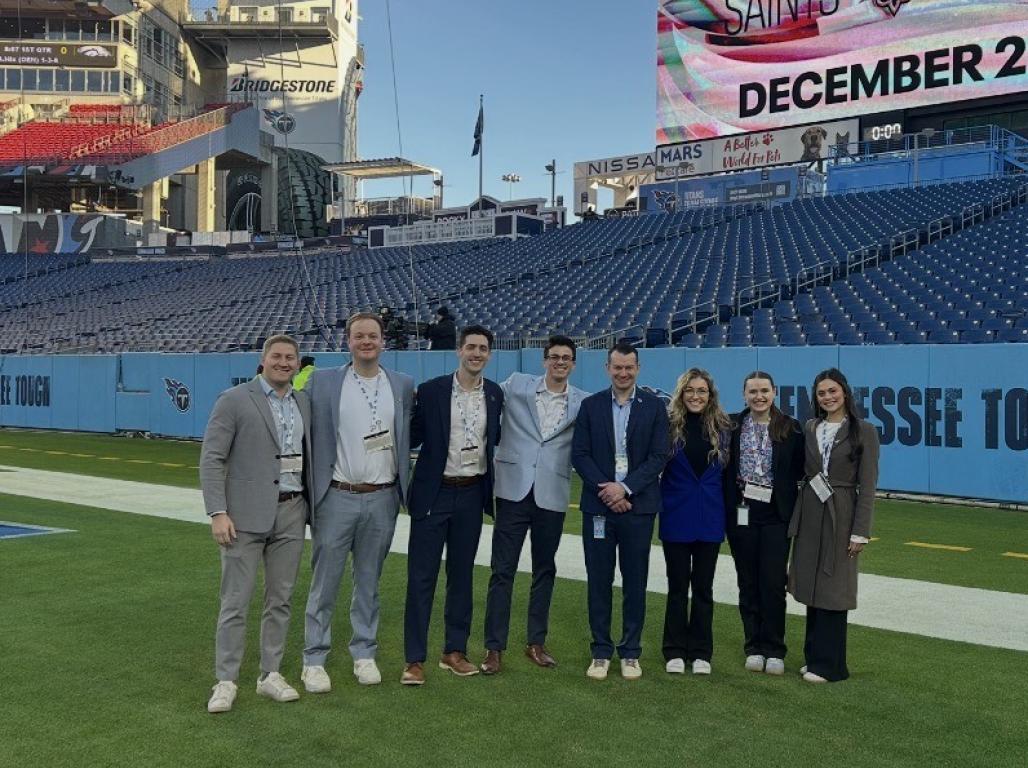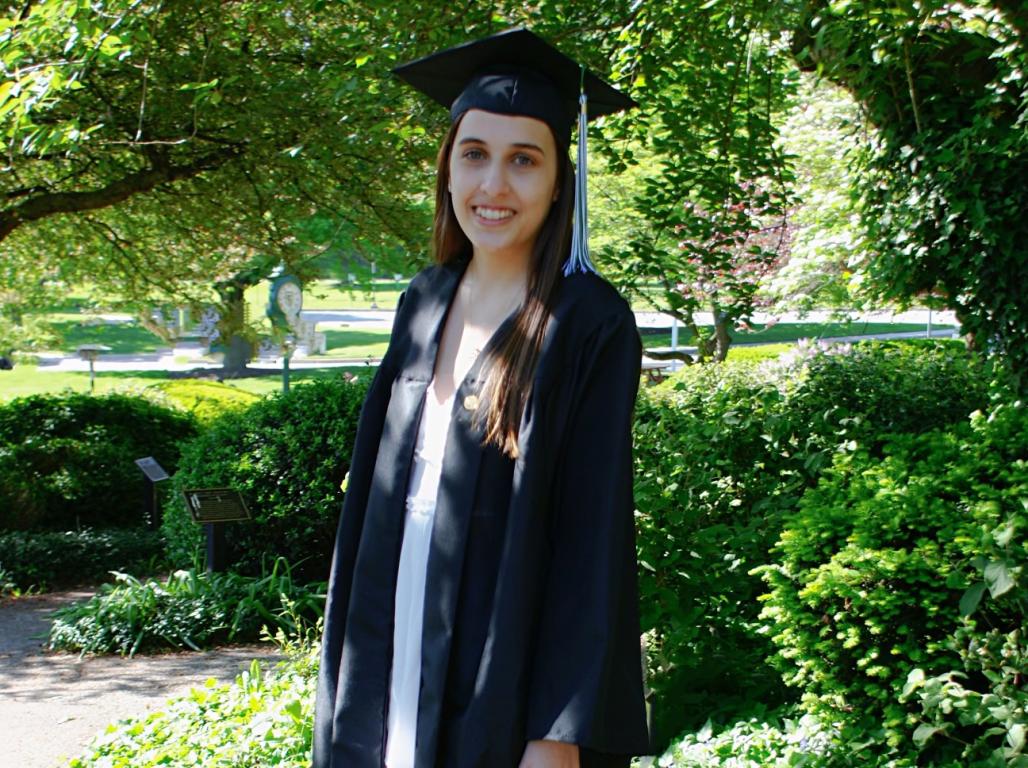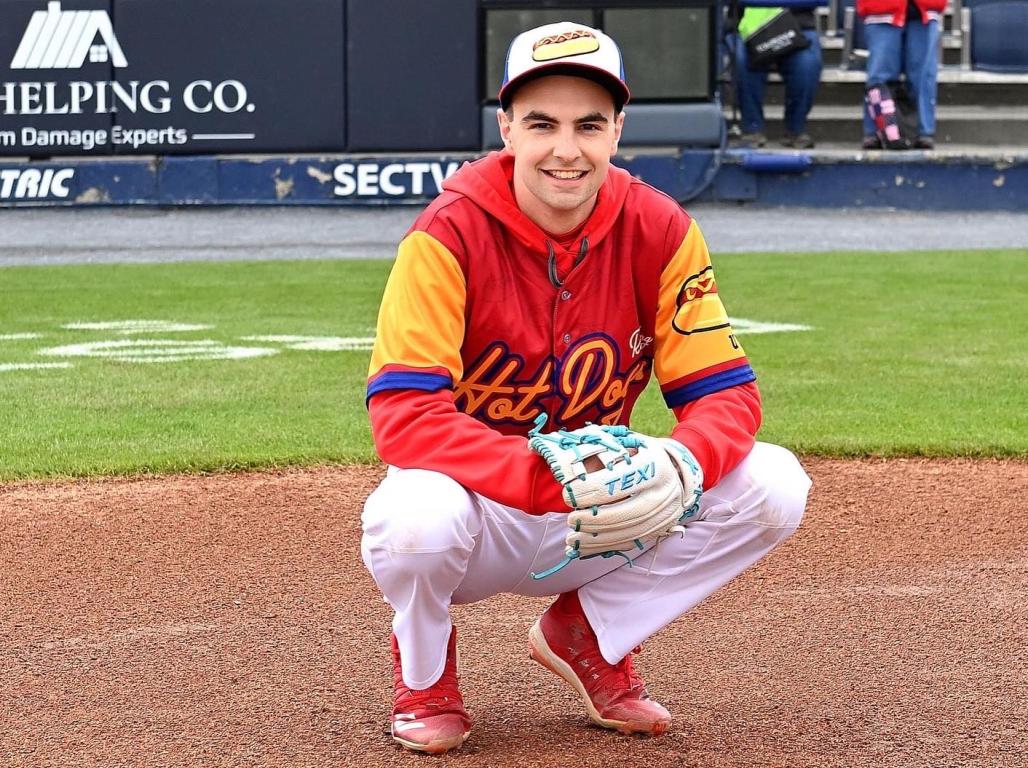
Francisco Kuljevan ’08 came to the United States from Lima, Peru, to pursue a degree in finance.
He quickly discovered a passion for mechanical engineering that has helped him evolve into a leading hydropower researcher.
Francisco Kuljevan, the team lead of the hydropower generation program at the Electric Power Research Institute (EPRI), has spent his career crossing borders, both geographical and professional, making an impact in the energy sector.
Kuljevan, who received his Bachelor of Science degree in Mechanical Engineering from York College of Pennsylvania in 2008 and returned to earn his Master of Business Administration degree in 2020, didn’t set out to be a leader in hydropower research. He moved to the United States from Lima, Peru, to pursue a finance degree.
“You don’t always know what you want to study when you’re that young,” Kuljevan says. “I always had the curiosity as a kid of taking things apart and seeing how they operated, but I didn’t know a lot about what mechanical engineering was.”
From Lima to York and Around the World
Kuljevan’s childhood in Peru was marked by a deep-seated curiosity and yearning for knowledge. A short stay in the United States sparked his interest in learning English and delving deeper into American culture. He had family in the York area and decided to leave Peru when he was 17 and complete his college education in the United States.
“I’m very glad that I ended up there,” he says of York College. “I always had the curiosity of studying somewhere else. I see my life as such a blessed path.”
While at York College, he used that curiosity to help other students through tutoring. It was a job he describes as immensely rewarding, especially the moments of watching a student go from frustration to understanding. He has carried that passion with him throughout his career, becoming a leader in nearly every position he’s held.
Kuljevan’s interest in the energy sector, particularly hydropower, was ignited during an engineering co-op at American Hydro, one of three co-ops during his undergraduate studies. Spending hours working with his hands and learning computer modeling, Kuljevan realized his preference for unique, dynamic projects over repetitive work.
After completing his bachelor’s degree, Kuljevan was offered a fellowship scholarship to pursue his doctorate in engineering but realized he was more interested in applying tools than developing them. This realization and self-awareness led him to earn his first master’s degree in aerospace engineering from the University of Florida before embarking on a career at Voith in York, where he began designing hydro turbines. Kuljevan was selected for a management training position, which opened the door for him to travel the world, including stints in Germany and Spain. His role evolved from engineering to sales and eventually to management upon his return to York in 2017.
“It was a great experience to see another culture and learn another language,” he says.
A Pivot to Leadership and Research
In 2018, with a growing interest in leadership and management, Kuljevan returned to York College to earn his MBA. The in-person, one-on-one education at York College, combined with its proximity to his home and work, made it the ideal choice. Around the same time, he pivoted to nonprofit research and joined the team at the Electric Power Research Institute.
As the team lead of the hydropower generation program at the EPRI, Kuljevan plays a key role in driving innovation and ensuring the public has clean, safe, reliable, affordable, and equitable access to electricity. His approach to leadership is shaped by his global perspective and the diverse cultures he has encountered.
“It’s about understanding and leveraging the strengths of the people around you,” he says.
EPRI’s collaborative model allows Kuljevan to work with utilities that own and operate hydropower assets, supporting them in developing best practices and solving complex problems.
‘Be Curious'
Kuljevan sees a bright future for hydropower generation. His penchant for continuous learning and fostering innovation drives him to keep pushing forward. His philosophy is rooted in empathy and understanding, recognizing that different perspectives can enrich problem-solving processes.
Reflecting on his time at York College, Kuljevan attributes much of his success to the relationships he built and his experiences there. Every little piece of advice or bit of motivation he received, even in his moments of homesickness or feeling overwhelmed, contributed to his career success.
“Be curious and never lose the desire to learn something,” he says. “Don’t be afraid of taking new chances and opportunities. It was scary leaving my family in Peru to come here, but the worst that could happen was the opportunity didn’t work. You have to try things.”




